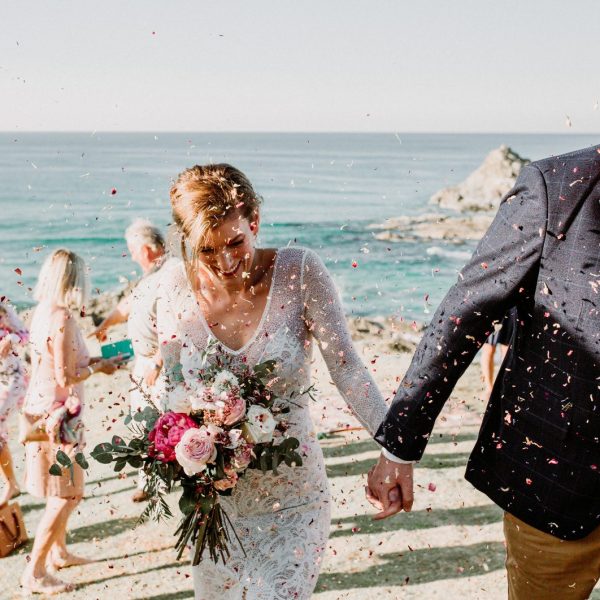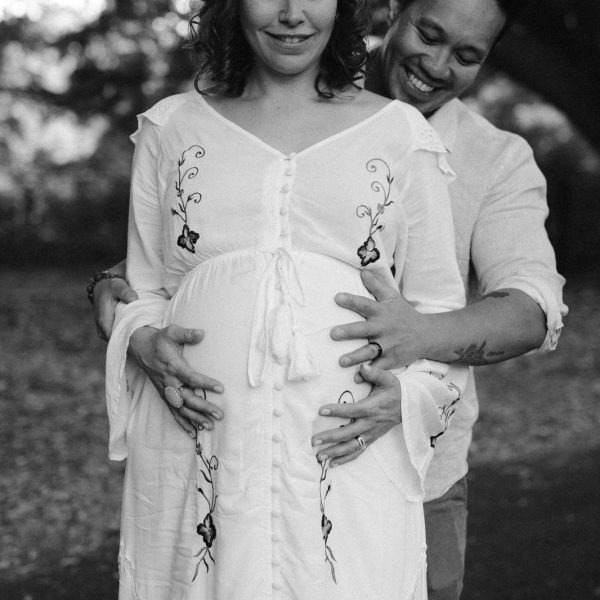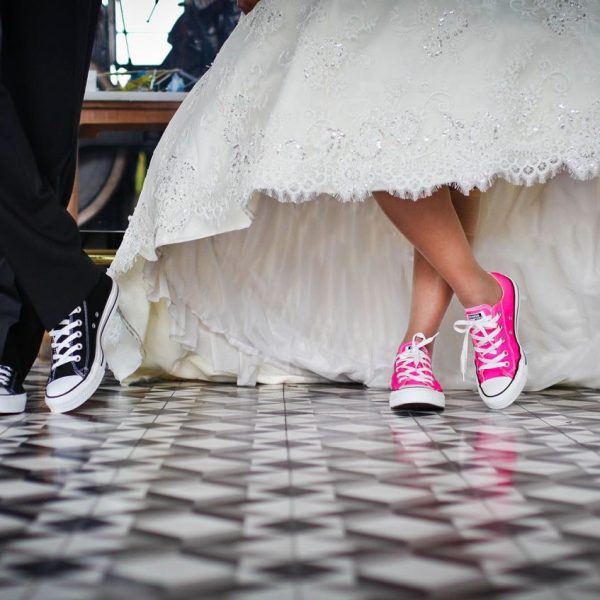“How do I write my wedding vows? Where do I start? HALP!”
(Main feature image shows Kieran reading his vows to Nic, captured by Emma Wise photography)
Don’t worry, it’s a common fear with couples getting married- they want to write the best possible vows but don’t know how. Whether it is how to possibly distill all these feelings into a paragraph or three, whether or not they’ll be ‘good enough’, and/or having a fear of saying them in front of guests; they’re all perfectly normal thoughts and ones I try to address here! *
Some things to remember before you start:
- What do you both want the tone to be? Will it matter to you if your vows are very serious with nothing light-hearted, but your partner has gone the opposite way and written theirs in all joke-style or rhyming format? If you think this might be something you want to address straight up, agree first on what you want the general tone to be. (Note: vows do not have to be ‘all serious’ or ‘all light-hearted’. Sometimes, a mixture of the two is very effective at evoking all the emotion!)
- Vows can be as long or as short as you want. It’s your ceremony. If you are each hearing the vows for the first time on the day, maybe tell each other what your approximate word count is and then you can be sure they are kind of balanced. (Note: I have also had couples who purposely go the other way, because in their everyday life, it is natural for one of them to speak whilst the other is always a person of few words.)
- You do not have to write like Shakespeare. (eg. “Did my heart love till now? Forswear it, sight! For I ne’er saw true beauty till this night.”) Nobody expects it, it is (probably) not how you speak with your partner on a day-to-day basis, and any language that you would not ordinarily use will not come across as authentic.
- You don’t need to write them all in one go and expect to have it right the first time. You may end up doing that, or you may end up writing multiple drafts.
- The vows you write are for your partner, not your guests. Write what you want to say to them and pretend nobody else is listening.
- You can write them together, and have the same vows, or write them together but have different vows; you can have different vows and not show each other, they can be one sentence each or a page long.
- I’m always happy to look over vows and give feedback if I am specifically asked to do so, but I will not presume to tell you what to write and what not to. I’ll just give guidance if required in a general way. I have seen such varied vows and ultimately, the great vows are those that come from the heart and reflect the personality of the person writing them. That’s the person your partner has fallen in love with, and that’s the person they want to hear from. So nothing that you want to say is going to be unimportant or silly.
- Finally, even though you are not writing them for your guests, this is without a doubt the part of the ceremony that everyone loves the most. Keep in mind if you are nervous that everyone present loves you and is cheering for you on the inside. It’s OK to be nervous, to shed a tear, to have to take a few deep breaths. Everyone loves the emotion that come with the vows.

How to get started
- Give it some time in your head before attempting to write down anything at all.
- Only start when you are in the right headspace and have some time- don’t attempt to write them at the last minute or in the 5 minutes before you have to rush off to your next meeting.
- Write down some initial dot points of what you want to get across. eg. how they make you feel; the qualities about them that you admire and love; what you felt when you first saw them; what promises you want to make to them for your future together; how they may have changed your outlook on life in some way or something you have learned from them; what marriage means to you; what silly little things they do that you love; what annoys you about them but that you love anyway; you get the idea. some of these may resonate and be important to you and others won’t be.
- You might like to use some sentence starters like
“I promise to always treat you…”
“When you are having a bad day I will…”
“You have taught me…”
“I knew I loved you when”
“I promise to be…”
“You make me laugh when…”
“I’m so excited to….”
“You are my…”
“The little things you do like…”

Extra tips:
- Try to distill what you want to say so that every sentence is something special. Don’t try and ‘pad it out’.
- Do a draft and read it out loud. the written word can be quite different from the spoken word and you may find, upon speaking it out loud, that you want to change wording, grammar, etc.
- When you are happy with your final draft, practice out loud many times until you almost know it by heart. This prevents you from looking down all the time instead of making eye contact with your partner.
some links that might help:
- if you want inspo for some light-hearted vows:
and
- If you want to read some real-life vows:
Happy writing!
Oh, and when you book me as your celebrant, I will also email you extra options for all sorts of different ways you can say your vows!
If you’d like to book me as your celebrant please get in touch here!

*Please note, I am basing everything on this website on how things generally run for civil/secular/non-religious ceremonies.



